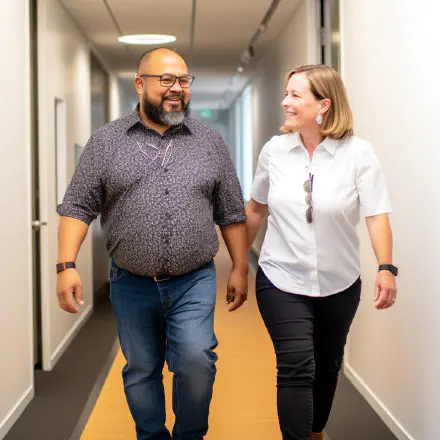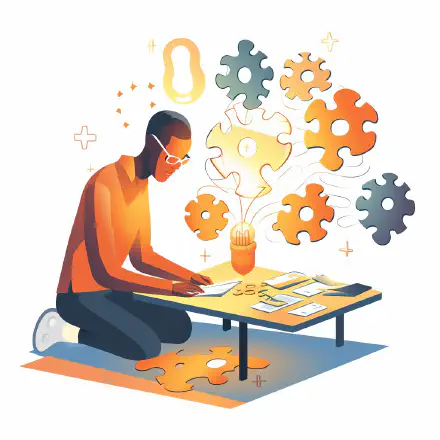
Critical thinking is one of the most essential skills that every person should possess. It allows individuals to analyze and evaluate information critically and make informed decisions. Critical thinking enables people to identify the strengths and weaknesses of any given argument, and to distinguish between factual information and opinions. In today’s fast-paced world, it is more important than ever to develop critical thinking skills. Here are 10 cognitive development techniques that can improve your critical thinking abilities.
1. Mind Mapping
Mind mapping is a technique that allows individuals to organize their thoughts and ideas. It involves creating a visual representation of a central idea, with related ideas and concepts branching out from it. This technique helps individuals to identify patterns and connections in complex information, making it easier to analyze and evaluate.
2. Logical Reasoning
Logical reasoning involves identifying and analyzing the relationship between different pieces of information. By understanding how different pieces of information relate to one another, individuals can determine the validity of a particular argument or idea.
3. Analyzing Cause and Effect
Analyzing cause and effect involves understanding the relationship between different events. By identifying the cause of a particular event, individuals can better understand the potential effects of that event.
4. Identifying Biases
Identifying biases involves recognizing the potential for personal biases to influence one’s thinking. By becoming aware of personal biases, individuals can make a more objective evaluation of information.
5. Considering Multiple Perspectives
Considering multiple perspectives involves looking at information from different viewpoints. By considering different perspectives, individuals can gain a more thorough understanding of complex information.
6. Evaluating Evidence
Evaluating evidence involves assessing the validity and reliability of information. By evaluating evidence, individuals can determine the quality of information before making a decision.
7. Identifying Assumptions
Identifying assumptions involves recognizing the underlying assumptions that are present in an argument. By identifying assumptions, individuals can better understand the logic and validity of a particular argument.
8. Identifying Patterns
Identifying patterns involves recognizing recurring themes or elements in information. By identifying patterns, individuals can better understand the structure and organization of complex information.
9. Generating New Ideas
Generating new ideas involves using creative thinking to develop new perspectives or solutions. By generating new ideas, individuals can challenge traditional thinking and develop original perspectives.
10. Asking Questions
Asking questions involves using critical thinking to evaluate information by asking relevant and insightful questions. By asking questions, individuals can clarify and better understand complex information.
By incorporating these 10 cognitive development techniques into your daily routine, you can improve your critical thinking skills and make more informed decisions. Critical thinking is not a skill that can be acquired overnight, but by consistently practicing these techniques, you can develop the ability to analyze and evaluate information confidently. Use these techniques in everyday situations and apply them when making important decisions to ensure success in both your personal and professional life.

